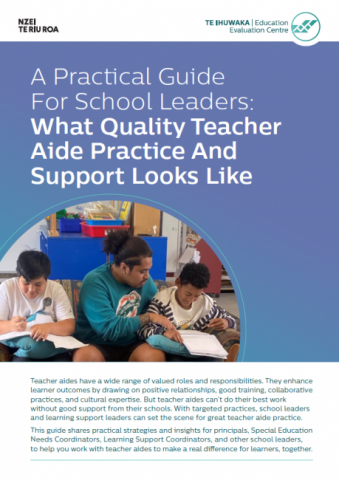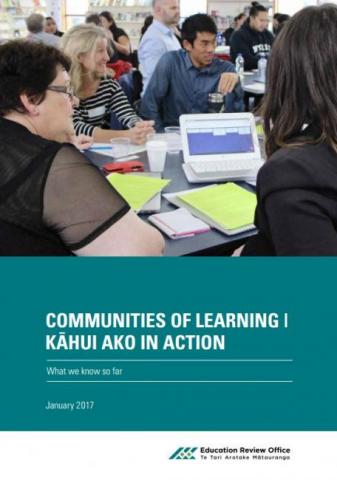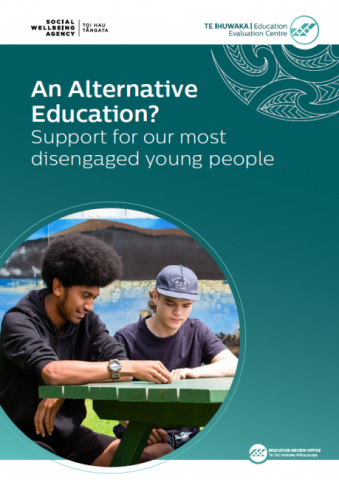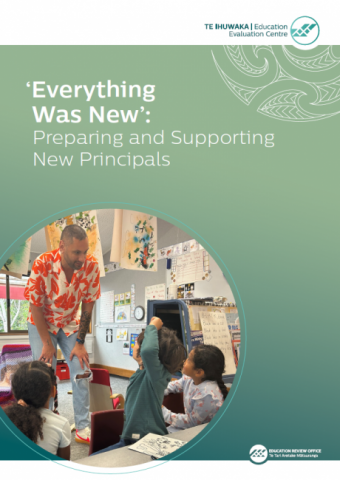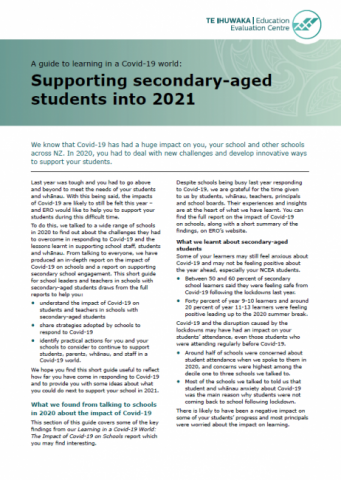Starting School Together: What Do We Know About Cohort Entry? Summary
Published: 25 May 2022
Starting school is a major childhood event. It can be an exciting time for children and their families. But it is a big change and can be an uncertain time. Since 2018, schools have been able to have children start in groups at certain dates during the year. This is called cohort entry. ERO found that cohort entry has a range of benefits for children’s wellbeing and learning, schools’ ability to structure transitions more easily, and for teachers due to fewer disruptions and more time to teach.
- Audience:
- Academics
- Early learning
- Education
- Parents
- Schools
- Content type:
- Research
- Topics:
- Te Ihuwaka
- Te Ihuwaka | Education Evaluation Centre




